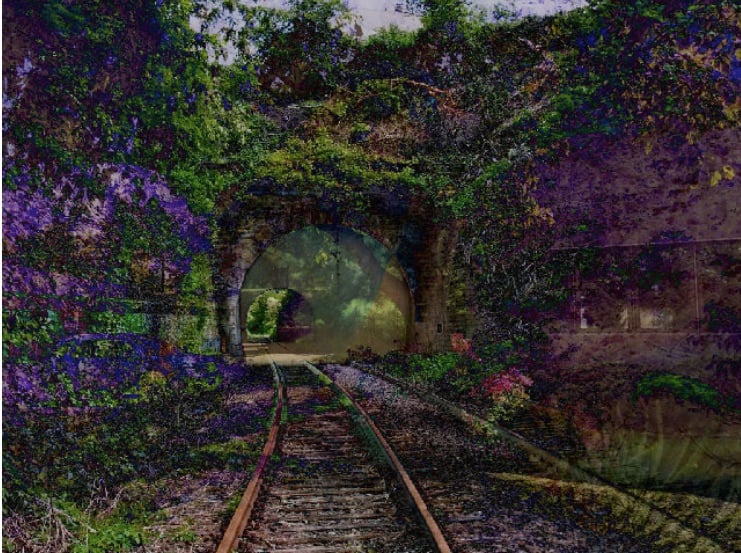Community, Leadership, Experimentation, Diversity, & Education
Pittsburgh Arts, Regional Theatre, New Work, Producing, Copyright, Labor Unions,
New Products, Coping Skills, J-O-Bs...
Theatre industry news, University & School of Drama Announcements, plus occasional course support for
Carnegie Mellon School of Drama Faculty, Staff, Students, and Alumni.
CMU School of Drama
Thursday, February 24, 2022
Can A.I.-Generated Art Receive Copyright Protection? U.S. Authorities Say No, Citing a Lack of 'Human Authorship'
news.artnet.com: The U.S. Copyright Office has once again rejected a request for copyright protection on a work created by artificial intelligence, affirming an earlier decision that found the work “lacks the human authorship necessary to support a copyright claim.”
Subscribe to:
Post Comments (Atom)

4 comments:
After seeing the excerpt, I was expecting to be on the side of the creator. But after reading it, it turned out that I was solidly against him. I thought that this would be a case of wanting to copyright something that a human had contributed to that resulted in beautiful art (as in, whoever coded the AI could profit off of it because the work indirectly belongs to them). As I understand it, Thaler was seeking a copyright for the AI to hold. Therefore, I think I have to side with the U.S. Copyright Office. In my mind, the existence of a copyright has the primary purpose of protecting an artist and their work. Most often, this means financial protection- no one else should be able to make money off of what belongs to you. This AI cannot hold a bank account, and so the fact that it cannot hold a copyright neither surprises me nor bothers me. If Thaler's mission is more on technical definitions of authorship, then maybe I could see where he's coming from. But a copyright doesn't just designate who made a piece, I think it stands for much more than that.
I clicked into this article because this is a question that has never crossed my mind before, but as technology advances, I think it’s vital to acknowledge which artworks are protected by copyright laws. The article mentions that A.I. generated artworks have not been granted copyright protection because there wasn’t sufficient proof of human input in the artwork. After reading the article, I understand why there could be a controversy. I personally believe even A.I. generated work should be protected by copyright laws because it is not fair for the author if the artwork is used by others without authorisation and permission. But I guess it poses the question of whom the copyright belongs to. Does it belong to the A.I.? Or the A.I.’s creator? Although these questions remain to be answered, I think the copyright law will be implemented sooner or late because, in the future, there will only be more artists who collaborate with or use A.I. to create artworks.
This reminds me a bit of the whole vanta black thing a few years back. This almost seems like a testing of the waters to eventually try and copyright the idea of using AI and machine learning to create art.
I will say the AI ownership thing is something we'll have to deal with eventually as the technology gets better and better, but I think for now it's silly to think that an AI should be able to hold a copyright. Someone shouldn't be able to file a copyright on your behalf and act as a one-step removed kind of owner to some sort of content.
Actually, now that I think about it, this seems like the perfect way to try and get around taxes like the purchasing of art is wont to. Just have an AI pump out some damn near meaningless piece of art and sell the copyright to it.
I'm surprised to say I am siding with the copyright office on this one.
The evolution of A.I technology sincerely scares me. With the recent creation of deepfakes, A.I generated art that has the potential to look strikingly human-made, and the potential of these things to not only wash out real human-made art, but also make a profit off of it (not even considering the potential to pass it off as really human-made) makes me fearful for the future of art and creativity. Without getting into the societal implications, art has historically been used as a financial tool for storing money in assets, and if A.I generated art is ever allowed to be copyrighted and allowed to enter that same system, I foresee a lot of fraud and tax evasion happening through that. Seems a lot like NFT's, no? I hate the idea of art devolving to the point where you can A.I generate anything, claim it as art, and use it for monetary purposes. While that still happens nowadays, the potential for computer technology and A.I generation to make it worse still worries me a lot.
Post a Comment